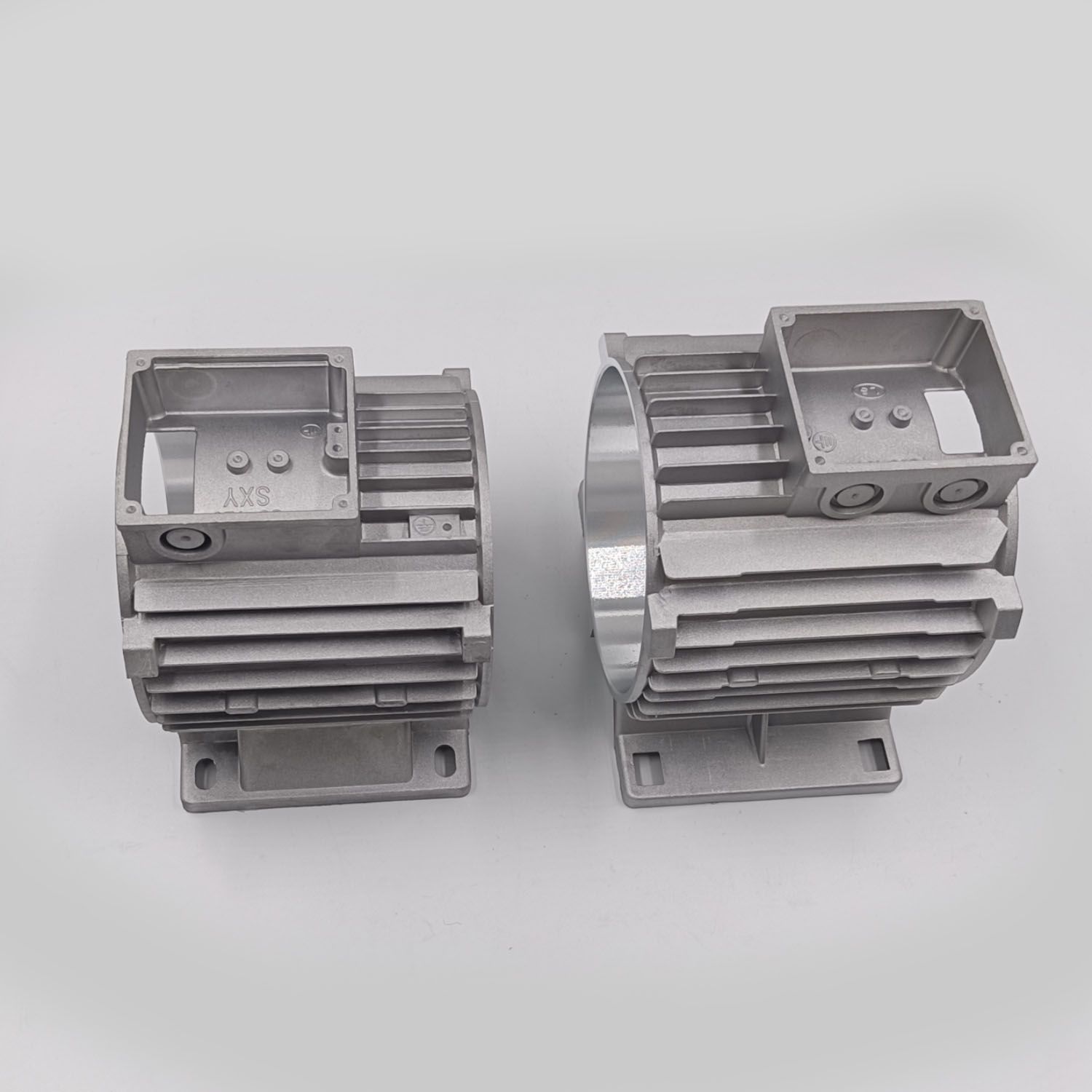The Stahl Specialty Company Statements
The Stahl Specialty Company Statements
Blog Article
Stahl Specialty Company Things To Know Before You Get This
Table of ContentsThe Facts About Stahl Specialty Company RevealedLittle Known Facts About Stahl Specialty Company.The Definitive Guide for Stahl Specialty CompanyThe Ultimate Guide To Stahl Specialty CompanyOur Stahl Specialty Company Ideas
The refined distinction depends on the chemical material. Chemical Contrast of Cast Aluminum Alloys Silicon promotes castability by minimizing the alloy's melting temperature and boosting fluidity throughout spreading. It plays a critical duty in enabling intricate molds to be loaded accurately. In addition, silicon contributes to the alloy's stamina and use resistance, making it beneficial in applications where longevity is vital, such as auto components and engine components.It also enhances the machinability of the alloy, making it less complicated to process into finished items. By doing this, iron adds to the overall workability of aluminum alloys. Copper boosts electrical conductivity, making it useful in electric applications. It likewise enhances deterioration resistance and adds to the alloy's general toughness.
Manganese contributes to the strength of light weight aluminum alloys and boosts workability. Magnesium is a light-weight aspect that offers toughness and effect resistance to aluminum alloys.
It enables the production of light-weight components with exceptional mechanical residential or commercial properties. Zinc enhances the castability of light weight aluminum alloys and helps regulate the solidification procedure throughout casting. It boosts the alloy's toughness and solidity. It is often located in applications where detailed shapes and great information are required, such as decorative castings and particular auto components.
The Only Guide to Stahl Specialty Company
Since aluminum-silicon alloys have great casting homes, high gas properties, simple processes, and outstanding rust resistance, aluminum-silicon alloys are most commonly used in the die-casting sector in your home and abroad. At the exact same time, aluminum-silicon alloys are likewise relatively very early and extensively identified alloys created and made use of in die-casting. After continual research study and enhancement, most of the existing global mainstream aluminum-silicon alloys have been finalized and are absolutely nothing greater than A356, A360, A380, ADC12, B390, and A413.
The main thermal conductivity, tensile strength, return stamina, and elongation differ. Among the above alloys, A356 has the greatest thermal conductivity, and A380 and ADC12 have the least expensive.

Stahl Specialty Company Can Be Fun For Everyone
In precision casting, 6063 is appropriate for applications where intricate geometries and top notch surface area coatings are vital. Examples consist of telecommunication enclosures, where the alloy's premium formability permits streamlined and cosmetically pleasing layouts while preserving architectural stability. Similarly, in the Lights Solutions market, precision-cast 6063 parts develop sophisticated and efficient lights components that call for intricate forms and excellent thermal efficiency.
(https://www.startus.cc/company/810139)
The A360 shows exceptional elongation, making it excellent for facility and thin-walled components. In precision spreading applications, A360 is fit for sectors such as Consumer Electronics, Telecommunication, and Power Devices.

In precision casting, aluminum 413 radiates in the Customer Electronic Devices and Power Devices industries. It's frequently used to craft elaborate parts like smartphone housings, camera bodies, and power tool housings. Its precision is exceptional, with limited resistances as much as 0.01 mm, making certain flawless product assembly. This alloy's remarkable deterioration resistance makes it an outstanding choice for outdoor applications, making sure long-lasting, durable items in the mentioned markets.
Some Known Details About Stahl Specialty Company
When you have actually determined that the light weight aluminum die casting process appropriates for your project, an essential next step is choosing on click to find out more the most suitable alloy. The aluminum alloy you choose will considerably influence both the spreading process and the properties of the last item. Due to the fact that of this, you must make your decision thoroughly and take an educated strategy.
Identifying the most suitable aluminum alloy for your application will certainly suggest weighing a large selection of qualities. The initial category addresses alloy qualities that impact the production process.
The alloy you select for die spreading straight affects numerous aspects of the casting process, like just how simple the alloy is to collaborate with and if it is vulnerable to casting problems. Hot cracking, additionally understood as solidification cracking, is a regular die spreading issue for aluminum alloys that can cause interior or surface-level tears or cracks.
The 4-Minute Rule for Stahl Specialty Company
Specific aluminum alloys are much more prone to hot breaking than others, and your selection must consider this. Another common defect located in the die casting of aluminum is pass away soldering, which is when the cast sticks to the die walls and makes ejection difficult. It can damage both the actors and the die, so you ought to look for alloys with high anti-soldering residential or commercial properties.
Deterioration resistance, which is already a notable attribute of aluminum, can differ significantly from alloy to alloy and is a vital characteristic to consider relying on the environmental conditions your item will certainly be subjected to. Wear resistance is another building commonly sought in light weight aluminum items and can differentiate some alloys.
Report this page